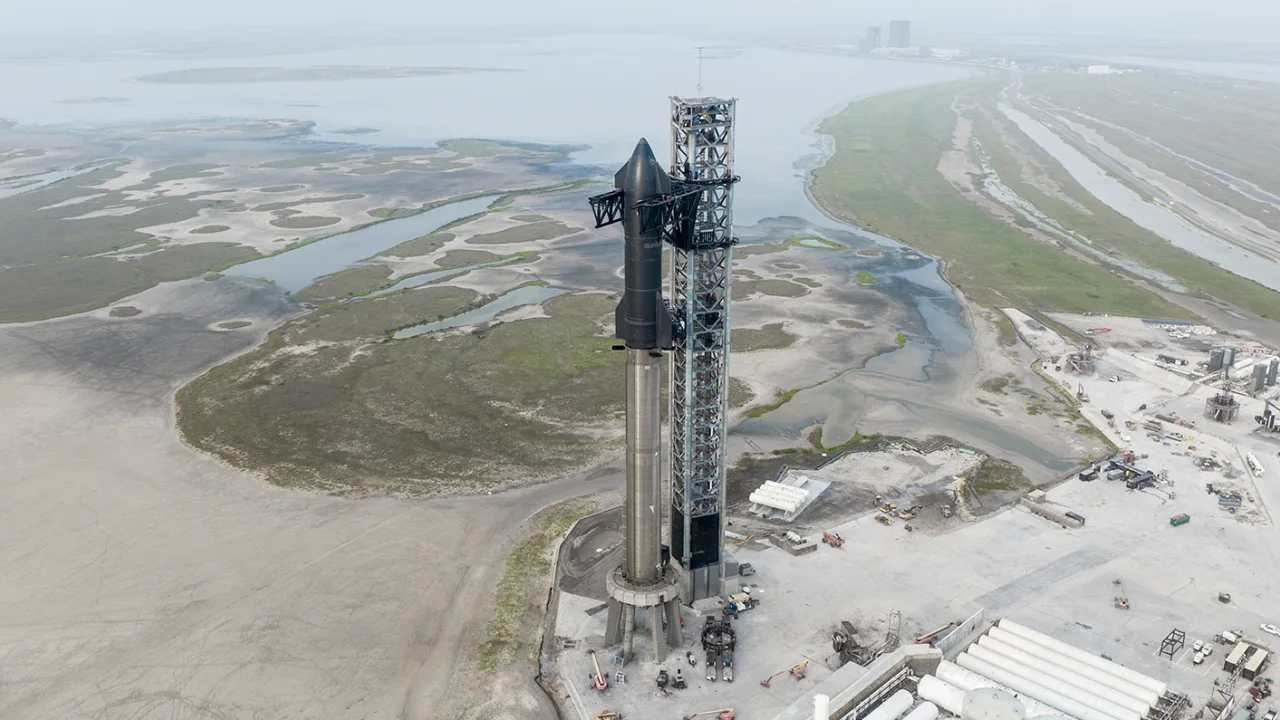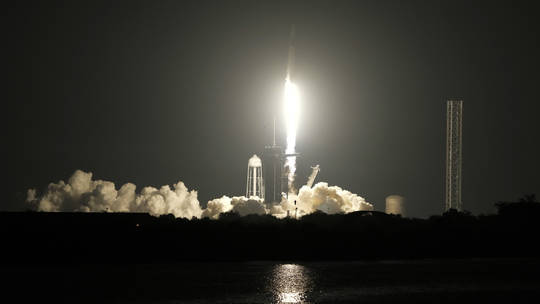Ukrainian portion caused European space launch failure.
March 3, 2023Tweet

(RT) ⸻ The European Space Agency (ESA) has blamed the recent loss of its main small rocket, the Vega-C, on a faulty Ukrainian-supplied engine part. The ill-fated launch took place on December 20, when the rocket deviated from its planned trajectory and controls were lost, forcing officials to destroy it over the Atlantic Ocean. The probe into the accident traced the malfunction back to the Zefiro 40 solid-fuel second stage of the rocket, which was supplied by Italian airspace company Avio. The investigators ruled that the material "can no longer be used for flight" and uncovered flaws in the criteria used to deem the throat insert flightworthy. The Independent Enquiry Commission has formulated a series of recommendations aiming at restoring confidence in the Vega and Vega-C launcher systems through the establishment of robust recovery plans to ensure a reliable return to flight and robust commercial exploitation. The next Vega-C launch is expected to take place "before the end of summer 2023." The latest Vega-C failure has left a major dent in the EU's space operations, given the already limited availability of cargo capacities for commercial satellite launches. (ESA) has blamed the recent loss of its main small rocket, the Vega-C, on a faulty Ukrainian-supplied engine part. The ill-fated launch took place on December 20, when the rocket deviated from its planned trajectory and controls were lost, forcing officials to destroy it over the Atlantic Ocean. The probe into the accident traced the malfunction back to the Zefiro 40 solid-fuel second stage of the rocket, which was supplied by Italian airspace company Avio. The investigators ruled that the material "can no longer be used for flight" and uncovered flaws in the criteria used to deem the throat insert flightworthy. The Independent Enquiry Commission has formulated a series of recommendations aiming at restoring confidence in the Vega and Vega-C launcher systems through the establishment of robust recovery plans to ensure a reliable return to flight and robust commercial exploitation. The next Vega-C launch is expected to take place "before the end of summer 2023." The latest Vega-C failure has left a major dent in the EU's space operations, given the already limited availability of cargo capacities for commercial satellite launches.
European-space-agency Atlantic-ocean Ukrainian -vega-c
Comments
Related news

US Afghanistan inspector general cautions against Ukrainian assistance "wastage"
Read more
According to the Polish Prime Minister, failure in Ukraine might signal the end of the Western "golden age."
Read more
Russia denies "secret" Ukrainian negotiations.
Read more
Germany approves Ukrainian fighter planes built in the Soviet Union.
Read more
The government gives the most powerful rocket ever made by SpaceX permission to launch
Read more
Who is the neo-Nazi responsible for this week's Ukrainian assault in Russia's Bryansk Region, dubbed "one of Europe's top right-wing extremists"?
Read more
US war games for Ukrainian leaders
Read more
Pentagon fires a test laser for space
Read more
In the space station, astronaut Sultan Alneyadi observes 16 sunsets each day. He'll observe Ramadan in what way?
Read more